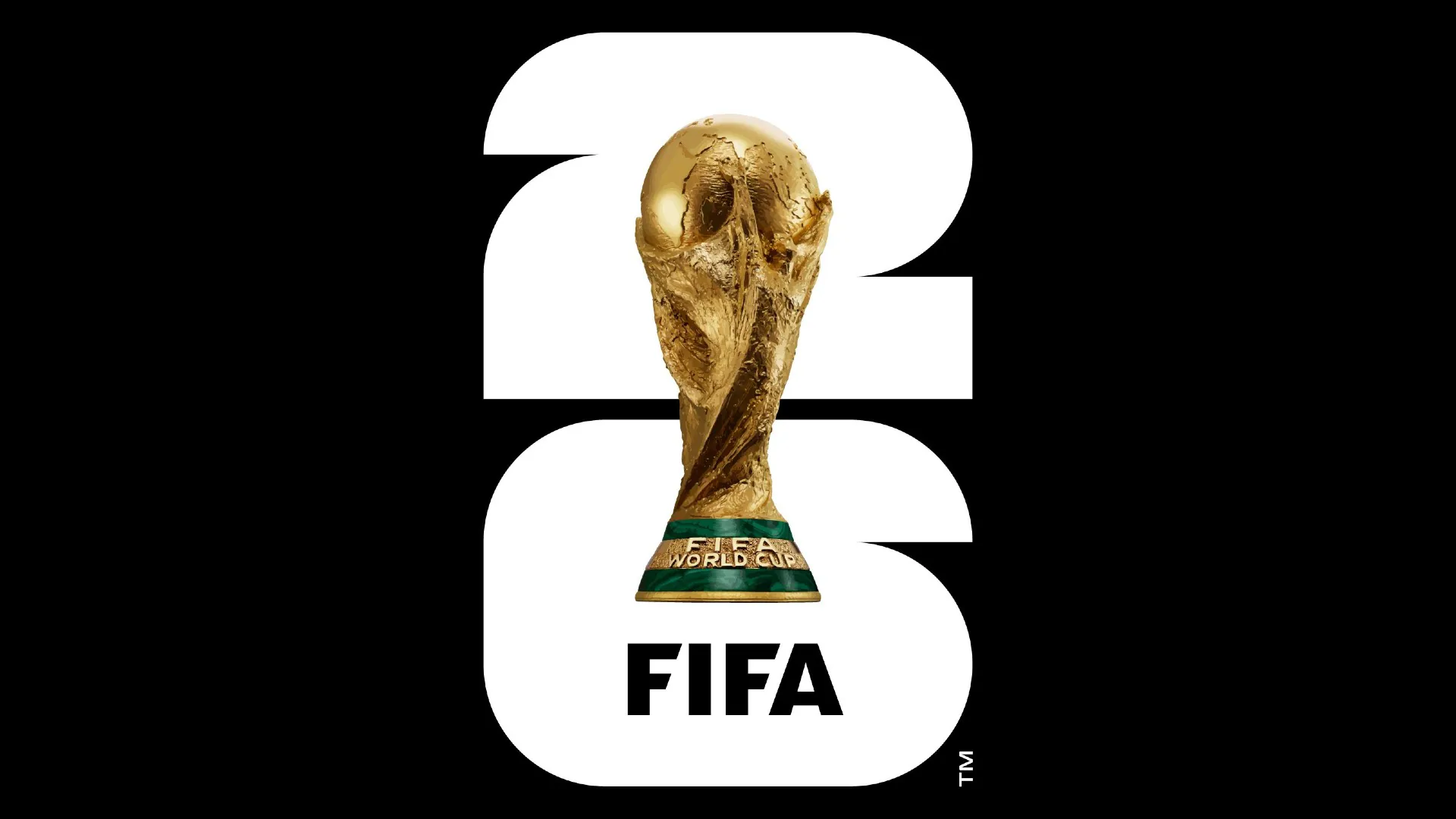FIFA is reportedly considering relocating some of the 2026 World Cup matches from the United States to Canada amid rising concerns over US immigration policies.
Recent visa restrictions have sparked backlash from fans and human rights organizations, with reports indicating that entire delegations—including supporters, media personnel, and staff—are facing significant hurdles securing entry into the US.
Currently, travelers from up to 43 countries are banned from entering the United States. This includes nations qualified for the World Cup, such as Iran, whose fans may be entirely absent from stadiums, leaving players without their vocal support.
These developments have raised serious questions about FIFA’s commitment to its own core principles, particularly “access and non-discrimination,” as well as its broader pledges to uphold human rights and inclusion.
While the United States remains a financially powerful host, Canada emerges as a compelling alternative, offering logistical efficiency, political neutrality, and greater stability.
FIFA now faces the challenge of aligning its actions with its stated values, ensuring the protection and promotion of anti-discrimination, diversity, accessibility, inclusion, and human rights, while avoiding any conflicts of interest.











